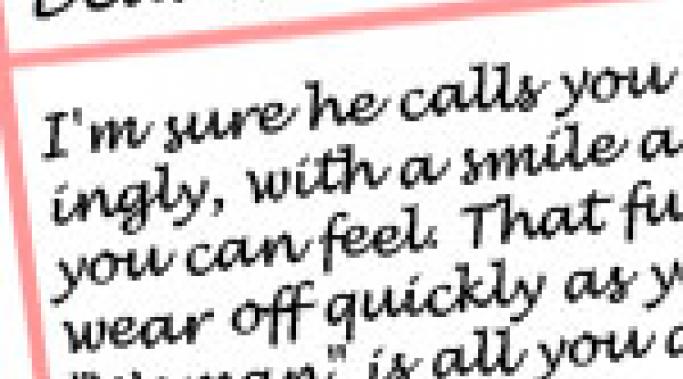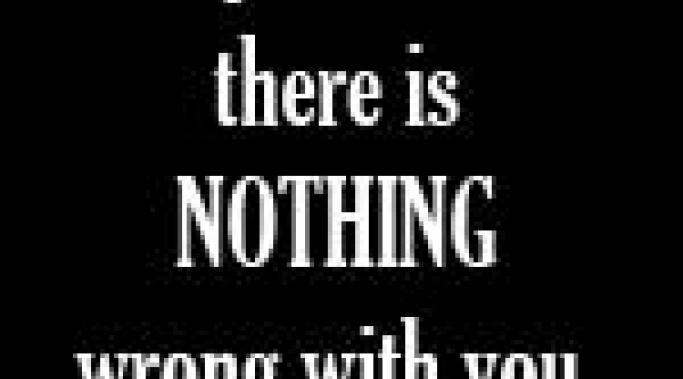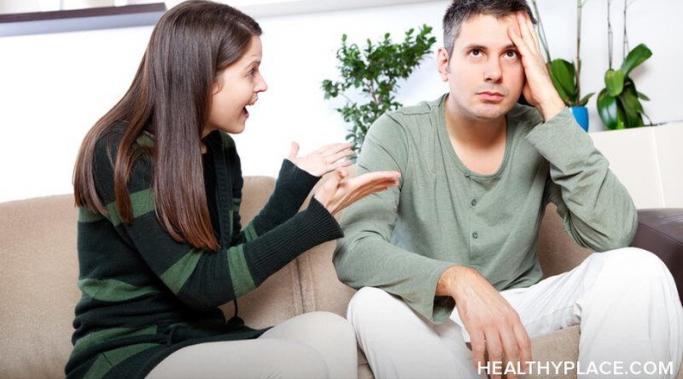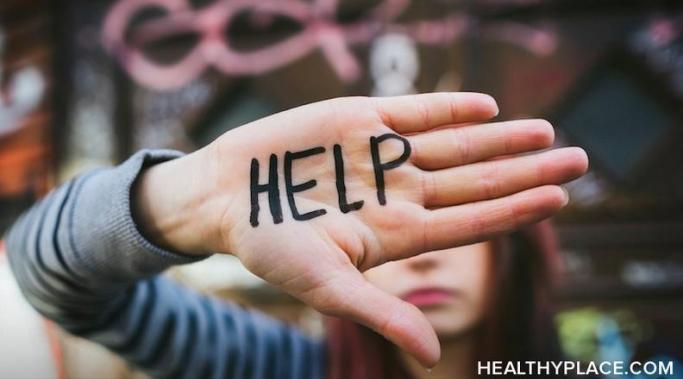Life after abuse surpasses the definition of peaceful. There is no one but me to tell me what to do or how to do it.
Stop Abuse
The story I want to tell you today happened between my ex and me over two years ago when we were still together. At the time, I knew he was abusing me. I realized that there was little hope that he would change. I didn't want to leave my marriage, but I was beginning to think there was no real marriage to leave anyway.
Looking back, I remember my internal struggle to find an elusive peace. I longed for a partner who loved me and would work with me through life's trials and celebrate its joys. I so wanted a normal conversation, a nice conversation without the abusive junk lurking underneath the surface. I was hoping my life away.
If you see yourself in the following story, please think long and hard about whether you want to wait it out to see if your partner decides to change. Remember that the abuser finds great benefit in abusing, otherwise s/he would have changed long ago.
It's not my place to tell her about what abuse she has to look forward to in her new relationship with my ex-abuser. It's none of my business that, from this distance, I can clearly sense what is happening. If I approached her, she would probably get mad at me.
I'm sure he's told her what a head-case I am, warned her to limit her contact with me. At the very least, he's agreed with her perspective on how crazy I must be to have left him, that it takes two to tango, that I have baggage I didn't work through in all those years we were together.
But if I were to write her a letter, this is how it would go:
Mystery surrounds victims of domestic violence and abuse. “Why does she stay?” tops the list of most asked questions when she’s in the relationship and “What is wrong with her?” is the often unspoken follow-up. It seems to me that most people who study domestic violence victims ask “What is wrong with her?” at the top of their research. They seem to forget that it takes two people to create an abusive relationship.
I guess they think they’ve got the abuser pegged. He’s a narcissist, addict, chauvinist, controller, or has an anger problem or self-esteem issues. Pick a personality or mood disorder and maybe he’s got it. Case closed - on to their victims.
His comment came out of the blue as he readied himself for work. "Some people don't think," he stated calmly. My mind raced to figure out what he was talking about. If I were in a normal relationship, I would have simply asked, "What do you mean, honey?" But I wasn't in a normal relationship.
During the few seconds it took me to connect the dots between his statement and what he really meant, he didn't say another word. He gave me the courtesy of remaining silent as my mind raced to find a way to avoid a fight that evening upon his return.
Are you planning to leave an abusive relationship? All plans involve future events (that's why they're plans and not actions). If so, it's time to check your thinking. Are you "planning to leave, but...", or do you have a realistic plan that will get you out of the relationship once and for all?
Abusers capably convince their victims that they will change. The convincing begins after an abusive episode that the abuser feels completely alienates him or her from you, the victim. The abuser wants to get back in control of you. Usually, after a panicky promise such as that, you will see a change in your abuser's behavior.
The change may be so pronounced that you believe that it is the end of the cycle of abuse instead of the honeymoon period you've experienced so many times before. But what if the you are wrong? The next abusive episode will hurt so much more because you believed the promise.
Is there a way to prove your abusive partner can change?
About 6 months after I left my abusive husband, I met a man who I've come to love. The loving part was easy - he's a complete turn-around from my ex-husband. My new love treats me kindly, he cooks for me and my children, he's generous with his time and affection. He tells me I'm beautiful and doesn't expect me to fall over myself with gratefulness that he said something nice to me! Perhaps better than those cosmetic qualities, he wants to hear my thoughts, he asks me how I feel, and, after I tell him these once-guarded intimacies, he does not tell me how misguided and delusional I am.
Only 33% of teens who were in an abusive relationship ever told anyone about the abuse.~Liz Claiborne Inc., Conducted by Teenage Research Unlimited, (February 2005).
Two of three teens being abused tell no one about their abuse. They don't tell parents, mentors, or friends. The victim's shame and hope that the abuser will "see reason" and either leave them alone (bully) or love them (dating abuse) become barriers to his or her communication with people who want to help.
Although I would like to think my child is the 1 in 3 who report bullying or dating abuse, the odds are stacked against me. So, last night, as I hugged my 15 year old before bed, I asked him if anyone had bullied him at school or online.
Surprisingly, he said, "I don't know." And then, more surprisingly, he said, "I don't know what that would be like."
Teenagers stand on the brink of discovering who they are. It's a magical time, full of opportunity and promise. Teens have the advantage of constant contact with their peers and adult role models via personal phones and the Internet's vast array of video chat, picture sharing, social networking, and all the rest. Teens are connected in ways we couldn't be at their age. Like so many other great possibilities, this connectedness can be both a blessing and a curse.









